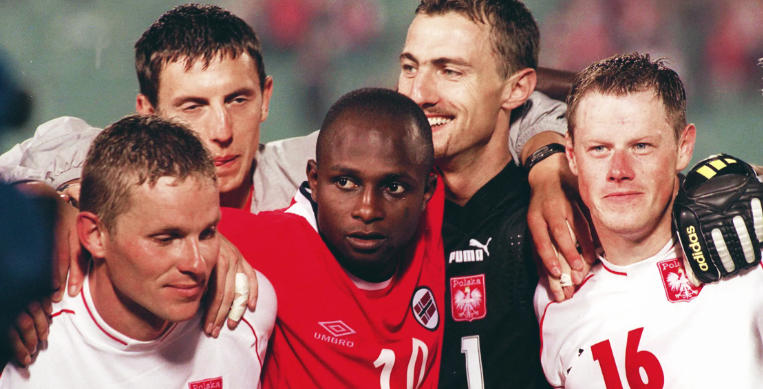Exploring Poland’s Football Culture: A Passionate Journey
Football is more than just a sport in Poland; it’s a vital part of the nation’s identity and culture. With a rich history and an enthusiastic fan base, Polish football has continually evolved, producing some of the game’s most talented players and memorable moments. This blog post explores the essence of Polish football culture, highlighting its significance and key elements.
1. The History of Polish Football
The roots of football in Poland can be traced back to the late 19th century when the first clubs were founded. In 1921, the Polish Football Association was established, marking a significant step toward organized competition. Over the years, Polish clubs like Legia Warsaw and Wisła Kraków have emerged as powerhouses in both domestic and international arenas. Notably, Poland’s national team made its mark in the 1970s and 1980s, with stellar performances in the FIFA World Cup, including a third-place finish in 1974. This historical backdrop showcases the enduring love for the game that resonates with Poles of all generations.
2. Key Clubs and Rivalries
Poland is home to numerous football clubs, each boasting passionate supporters and rich traditions. Among the most notable are Legia Warsaw, Lech Poznań, and Wisła Kraków. These teams not only compete fiercely in the Ekstraklasa, Poland’s top league, but their matches are steeped in history and rivalry. The encounters between Legia Warsaw and Wisła Kraków, for example, known as the “El Clasico of Polish Football,” draw large crowds and evoke intense emotions. This rivalry illustrates the deep-seated passion for football, uniting fans while also fostering a competitive spirit that drives the game forward.
3. Rise of Polish Talent on the World Stage
In recent years, Polish football has garnered international recognition, thanks in large part to exceptional players like Robert Lewandowski, who has established himself as one of the best strikers in the world. Other talents, such as Piotr Zieliński and Wojciech Szczęsny, have also made significant contributions to both club and national teams. The success of these players demonstrates the growing competitiveness of Polish football on the global stage. Their achievements inspire young athletes in Poland, encouraging them to pursue their dreams and champion the sport, further enriching the football landscape in the country.
Conclusion
Poland’s football culture is a vibrant tapestry woven from its rich history, fierce rivalries, and emerging talent. As the nation continues to embrace and celebrate the sport, it fosters a sense of community and pride among its people. Whether you’re a lifelong fan or just discovering Polish football, there’s so much to explore and enjoy. Take the next step; immerse yourself in a match, learn more about the rich history, or follow your favorite players as they shine on the world stage!

